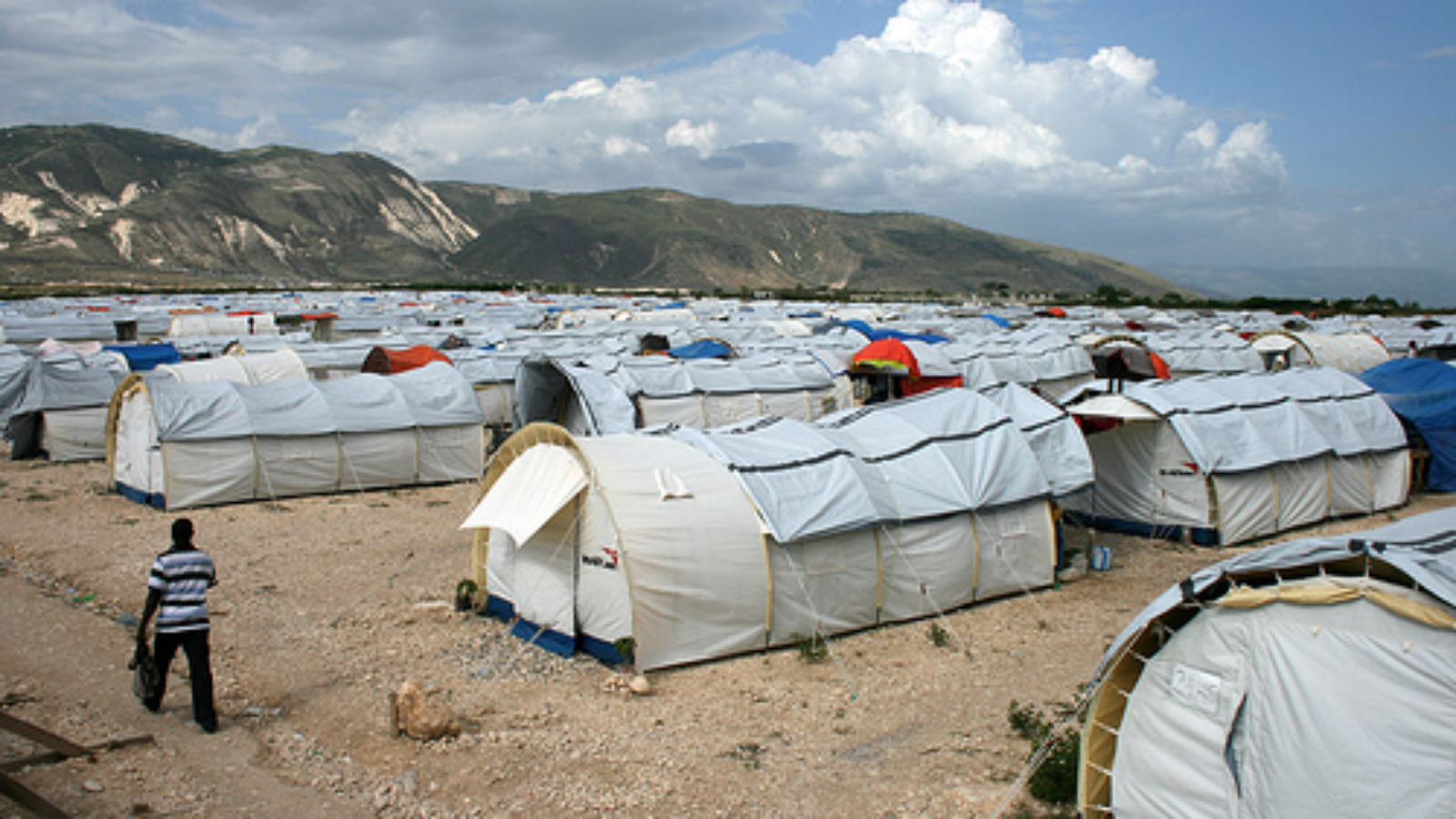You can’t throw money at a problem, even if recovery and development demands it. In Haiti, the strength and sophistication of local governance will determine whether relief efforts succeed. Today, we spoke again to Richard Garfield.
Richard Garfield is a public health and nursing professor at Columbia University. He is currently in Haiti training health workers and spoke to us on Monday about Haitian health care. Today, he discusses Haiti’s need for organized, centralized governance.
Having worked extensively in Aceh province, Indonesia after the 2004 tsunami, Mr. Garfield draws close parallels between Aceh and Haiti six months after their disasters. In both cases, aid and reconstruction is significantly slowed by poor governance. What happens to the land and property of the unidentified dead? Who does the rubble belong to? These are complex questions for local governments to grapple with, made even more difficult because, suddenly, Haiti must absorb and effectively distribute huge sums of money.
Aceh had two essential resources that helped it recover and rebuild: centralized, self-determined development and consistent revenue from the central government and natural gas revenues. Haiti lacks a strong social consensus and its government infrastructure was devastated by the earthquake, without which it will be much harder to set and pursue goals. Haiti has similar amounts of cash to Aceh, only in the form of humanitarian aid, so it is far less flexible in its implementation. “This reinforces the need for Haitian leaders to set goals and coordinate all the various participants—UN organizations, NGOs, and churches in particular,” wrote Mr. Garfield in an email.
set and pursue goals. Haiti has similar amounts of cash to Aceh, only in the form of humanitarian aid, so it is far less flexible in its implementation. “This reinforces the need for Haitian leaders to set goals and coordinate all the various participants—UN organizations, NGOs, and churches in particular,” wrote Mr. Garfield in an email.
He thinks the way forward for governance is not to decentralize and spread money around; Haiti right after the earthquake had “paralysis at the central [governing] level” and now “has pure decentralization—an anarchist’s dream.” It needs strong central leadership. Norms must be set, reconstruction and aid coordinated, and power consolidated.
The job of international donors and aid workers, then, should be to train, assist and accompany the Haitian leadership to do that at the central level, Mr. Garfield says. Because of proper leadership, training and money management, Aceh six years after the tsunami is “clearly and unequivocally better off in all sectors than it was. Four years from now, Haiti can be too if we help Haitian leaders to lead.”
—Nestor Bailly
